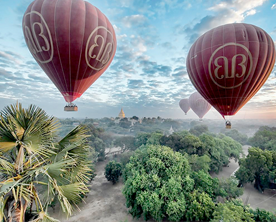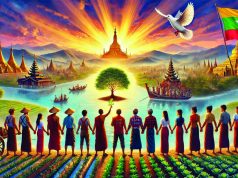Myanmar is expecting 7.8 million tourists for 2017. However, despite boasting the fastest growth rate in Southeast Asia, the tourism sector faces a severe lack of human resources as the industry is growing faster than businesses can recruit and train potential employees. Currently, there is a shortage of experienced staff for hotels, resorts, guesthouses and restaurants in Myanmar. A much smaller pool of recruits is evident in rural areas where employees are hired more on personal attributes than on specific hospitality skills and knowledge.
The culprit is likely the weak link between the hospitality industry and training and education institutions. Most industry businesses are supplied with semi- or unskilled workers, with roughly 60 percent of direct employment positions earned by women. In the tour operations segment, there are 1,906 licensed tour companies and the majority of them are family-run businesses with limitations in transport and tour guide services. Word of mouth, instead of internationalised vacancy announcements on media, is the most practised and successful method in recruiting employees in those sectors.
Myanmar is attempting to rectify this problem by forming the Human Resource Strategy and Action Plan (HRDSAP) for the tourism sector. This plan is a cooperative effort between Luxemburg, SwissContact, International Labour Organisation World Bank, and the Asian Development Bank to booast Myanmar’s human resource capacity across all sectors. The HRDSAP covers a wide range of areas: tourism training, education, and governance; public, private, and governmental roles in the promotion of the tourism sector; and strengthening industry and academia linkages. The HRDSAP, currently in its final stages of formulation, is expected to provide a useful and comprehensive tool in upgrading the Myanmar tourism.
Tourism is a labor intensive industry that shows a strong potential to generate more jobs than any other economic sector in the coming years. It is is forecast to create over one million jobs by the year 2020.










